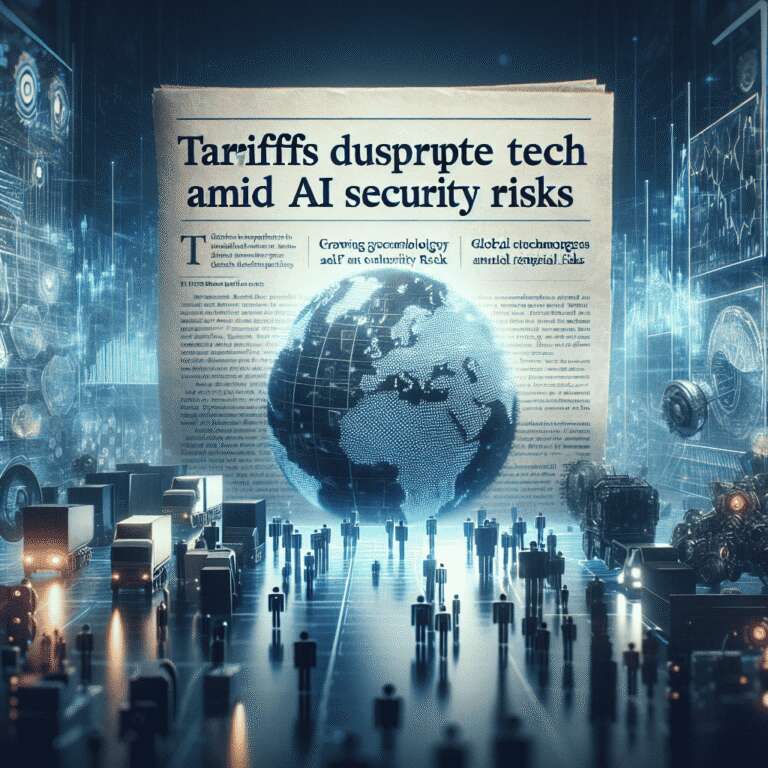Recently imposed tariffs by President Donald Trump have led to significant volatility in global stock markets, potentially spurring a global trade war and a looming recession. Experts assert that the U.S. cleantech sector is particularly susceptible to this downturn, which could derail progress in mitigating greenhouse gas emissions. Such a financial climate threatens to undermine technological advancements critical to combating climate change, with ripple effects likely impacting diverse sectors.
In the realm of cybersecurity, the conversation has shifted towards Artificial Intelligence agents, which are designed to execute complex tasks efficiently. While these AI agents are capable of simplifying daily operations such as scheduling and managing tasks, their capabilities could also be harnessed for nefarious activities. Although large-scale cyberattacks using AI are yet to be observed, researchers have demonstrated the technical feasibility, indicating a future where such threats may become commonplace.
Additional discussions highlight concerns that Trump´s administration may have relied on oversimplified AI-calculated formulas for its tariff decisions, a move that has analysts questioning the economic rationale behind these actions. Meanwhile, the European Union is reportedly preparing to impose financial penalties on Elon Musk´s enterprise, X, over regulatory conflicts, which might incite further tensions. In other tech news, Google´s involvement in U.S.-Mexico border surveillance and broader geopolitical tensions are pertinent issues reflecting current technological and political dynamics.

